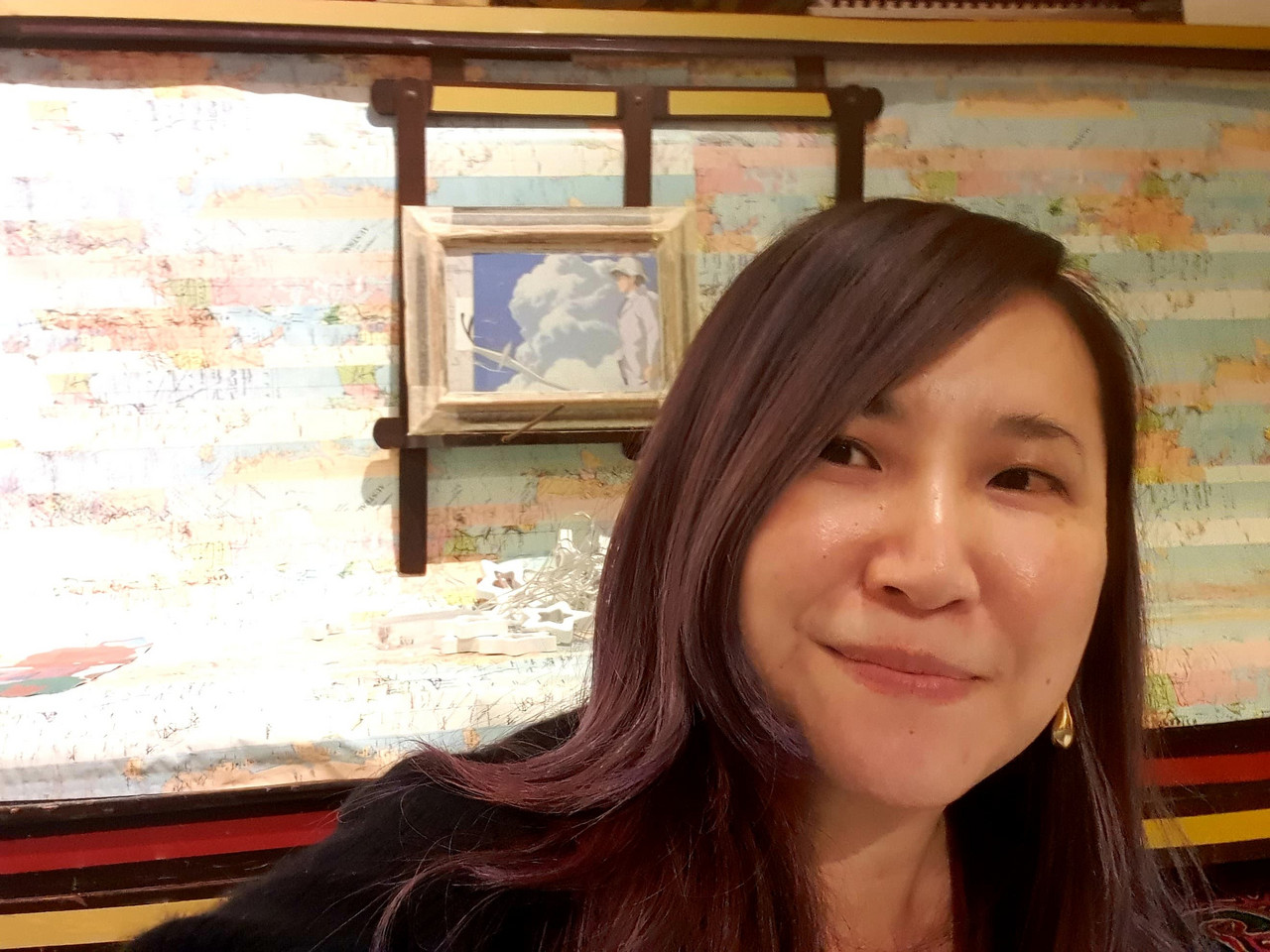
She is committed to decolonial and EDI (Equality, Diversity, and Inclusion) work in music and the performing arts, with interests in how race discourses intersect problematically with class, gender, and recent debates on posthuman digitalities, climate change, and multispecies thinking. As EDI Director for the School of Performing and Digital Arts at Royal Holloway, she has also initiated campaigns including an ongoing Safe Space Discussion Series, and workshops on topics ranging from inter-ethnic solidarity to mental health and toxic masculinity. She is committed to mainstreaming EDI considerations within broader and systemic school workflows. As a steering committee member of the national sector group EDIMS, she also serves in co-mentoring projects.
As a researcher, Shzr Ee is motivated by impact-led issues. In Sept 2021 she began an AHRC-funded project on Acoustic Regimes of Labour in Southeast Asia's transient worker communities. With Mai Kawabata in 2019, she spearheaded the project »Cultural Imperialism and the New Yellow Peril in Western Art Music.« Conversations arising from this initiative have gained traction among East Asian music communities around the world and turned her towards activist-informed scholarship and teaching. Shzr Ee is published widely by several presses including OUP, CUP, and Routledge.
Other projects she is developing include musical theorising on decolonisation and issues of cultural appropriation. This includes an investigation into racist reactions to the »problem« of China as a politico-cultural heavyweight/ new imperialist influence. In her broader work on decolonisation she stakes a commitment to collaborative ethnography. She is also exploring alternative ontologies and pedagogies in the disciplining and institutionalisation of musical practices in China in transnational and international interaction with higher education institutions around the world. This research has been motivated in part by changes (and resulting conversations on flashpoint topics of race and immigration) in the global higher education sector, as a result of large-scale transnational (transient) Chinese student enrolment in music programmes around the world, as well American, European, and Asian establishment of China-based campuses.
Shzr Ee completed her Ph.D. at the School of Oriental and African Studies, studying Amis aboriginal folksong of Taiwan in interacting contexts of the village, the cultural troupe, the popular music industry, and Christian missionisation. Her writings have appeared/ will appear in imprints by Oxford University Press, Cambridge University Press, Palgrave Macmillan and Routledge, among other publishers. Recent scholarly work includes »Digital Inequality and Global Sounds« (CUP), an article in (and co-editing of) Music, Indigeneity and Digital Media (Univerisity of Rochester Press; Hilder, Stobart and Tan), an article and co-editing of Gender in Chinese Music (University of Rochester Press; Harris, Pease & Tan), plus a monograph, »Beyond Innocence: Amis Aboriginal Song in Taiwan as an Ecosystem« (Ashgate).
Shzr Ee is also an active musician with a background in classical piano, Korean percussion, tango/ Balkan accordion, Chinese and Okinawan lutes (sanxian and sanshin), and the Chinese fiddle (erhu). Venues in which she has performed include the South Bank, O2 Academy, the Victoria and Albert Museum, Japan Matsuri Trafalgar Square, Rich Mix, the British Museum, the National Maritime Museum, the Truman Brewery and The Arts House (Singapore). Shzr Ee also has experience as a print journalist in Asia, having worked for an extensive period of time as an arts correspondent for The Straits Times in Singapore, and thereafter for international magazines and newspapers on a freelance basis. She continues to contribute columns on music, film and culture to various media.